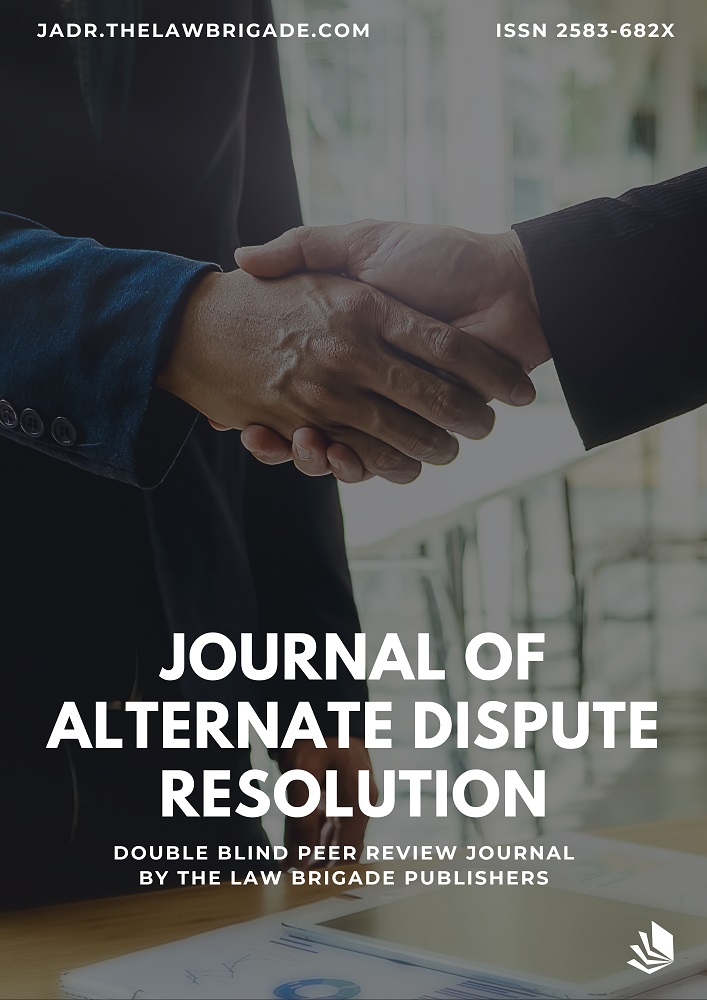Mediation is not novel to indigenous peoples in Africa and Canada. It has been in existence long before codified regulation of mediation.[i] For instance, the ancient Yoruba peoples of Nigeria have been known to mediate street fights, trade and communal disputes long before the emergence of formal courts and institutional mediation.[ii] Indigenous mediation in Africa and Canada share certain characteristics. First, the recognition of the supernatural and/or ancestry. Secondly, these mediations possess some cultural flavour peculiar to the indigenous peoples represented at the session, particularly reflected in their language, attire and the use of proverbs.
[i] ADR Institute of Canada, “Code of Conduct for Mediators” Amended 15 April, 2011 https://adric.ca/rules-codes/code-of-conduct/; In Africa, each country individually make legislative provision for regulating the conduct of mediation. Nonetheless, the African Union Mediation Support Handbook offers guidance towards the conduct of mediation in Africa – See African Centre for the Constructive Resolution of Disputes (ACCORD), “African Union Mediation Support Handbook” (2014) https://www.peaceau.org/uploads/06-au-mediation-support-handbook-2014.pdf. Additionally, the Organization for the Harmonization of Business Law in Africa (OHADA) member States have enacted a Uniform Act on Mediation, this was adopted on November 23, 2017. The OHADA Uniform Act was inspired by the 2002 UNCITRAL Model Law on International Commercial Conciliation.
[ii] Adeyinka Ajayi and Lateef Buhari, Methods of Conflict Resolution in African Traditional Society African Research Review Ethiopia Vol 8 (2) Serial No 33 April 2014:138-157 [143,150]





